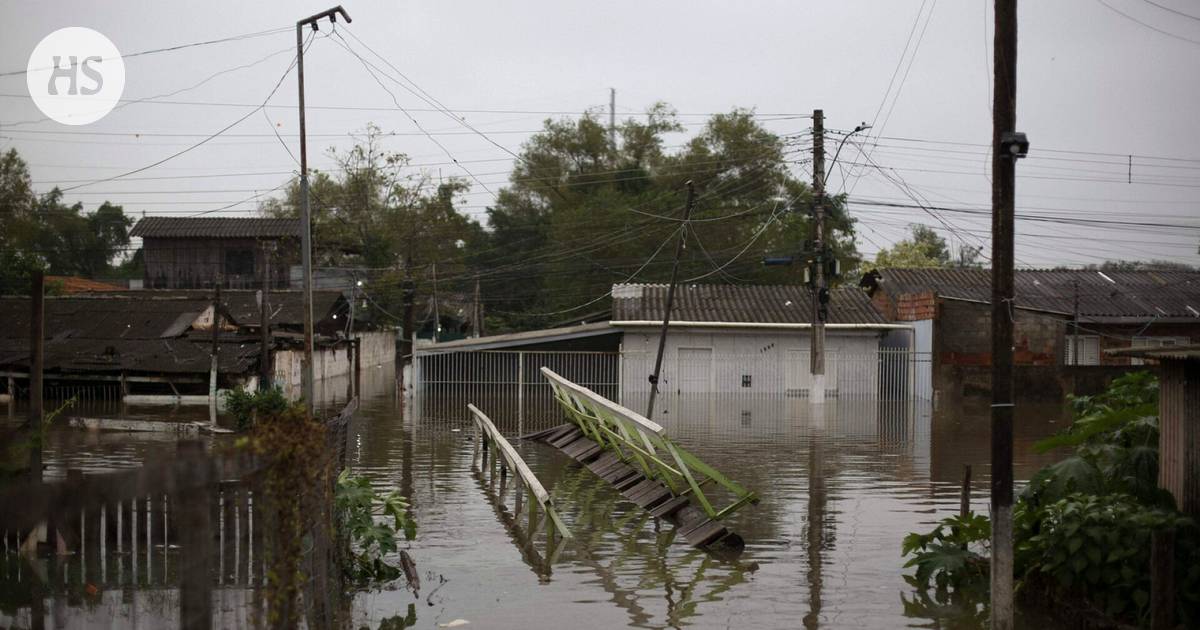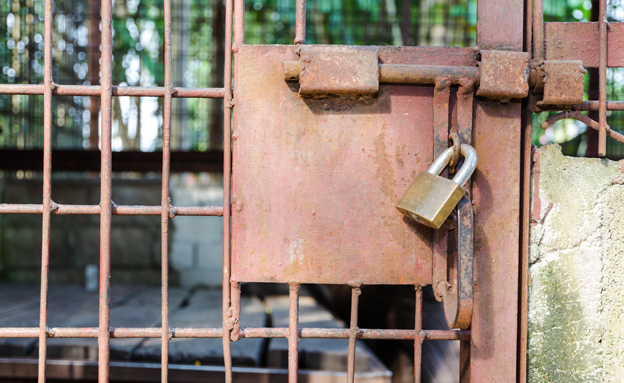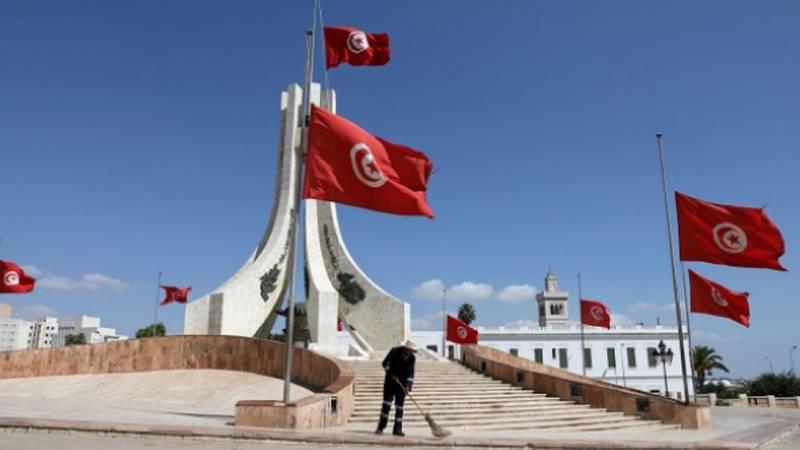In Brazil’s southern region, over a million people are without access to clean drinking water. This is due to the overwhelming of water surfaces and strained dams caused by floods, mudslides, and heavy rainfall. Nearly 90,000 people have been forced to evacuate their homes due to these disasters, which have resulted in at least 70 deaths and more than a hundred people missing.
In Porto Alegre, a city with a population of 1.4 million, 70% of the city is without clean water due to the flooding. The masses of water have submerged residential areas, eroded roads, and destroyed bridges, leaving locals stranded on rooftops awaiting rescue. Canoes and small boats are being used to navigate the streets that have become flooded canals.
The flooding has affected not only Porto Alegre but also more than 300 other cities and villages in the region. Governor Eduardo Leite of Rio Grande do Sul has emphasized the need for substantial investments in post-disaster reconstruction efforts. Porto Alegre International Airport has halted all flights indefinitely, intensifying the impact of the devastation on the region.
Environmental scientists attribute these destructive storms to global warming and the El Nino weather phenomenon. Brazil has experienced a series of severe weather events in recent months, including a cyclone in September that resulted in the deaths of at least 31 individuals. The country must now focus on recovery and rebuilding efforts to address the aftermath of these natural disasters.
Meanwhile, authorities continue to work tirelessly to relocate evacuees from their homes to shelters established in various facilities such as sports centers and schools. Tragically, two people lost their lives in an explosion at a flooded gas station in Porto Alegre.
As floodwater continues to rise on Monday, environmental experts warn that it could cause even further damage if it does not subside soon enough.
Governor Leite has called for increased investments in infrastructure projects aimed at mitigating future natural disasters caused by climate change. The governor’s message is clear: we cannot afford another disaster like this one.
The devastation caused by these natural disasters highlights how vulnerable our communities are against extreme weather conditions caused by climate change. It is essential that we take action now to address this issue before it’s too late.
Brazil must prioritize recovery efforts while also focusing on long-term solutions that will prevent future disasters from happening again.



